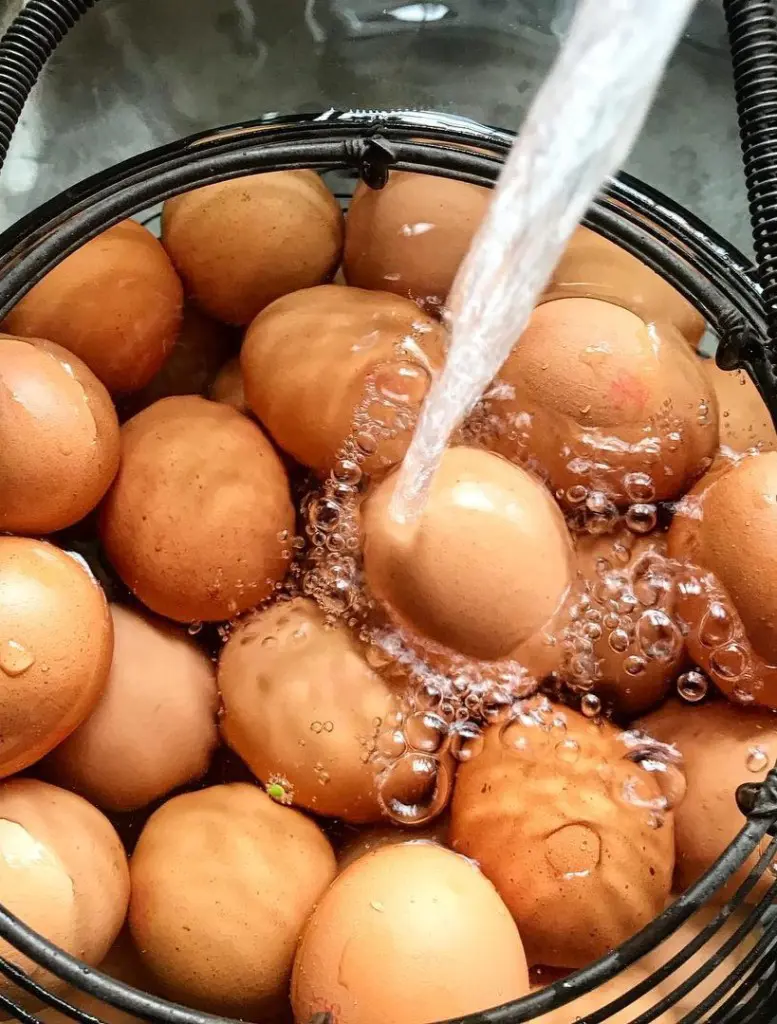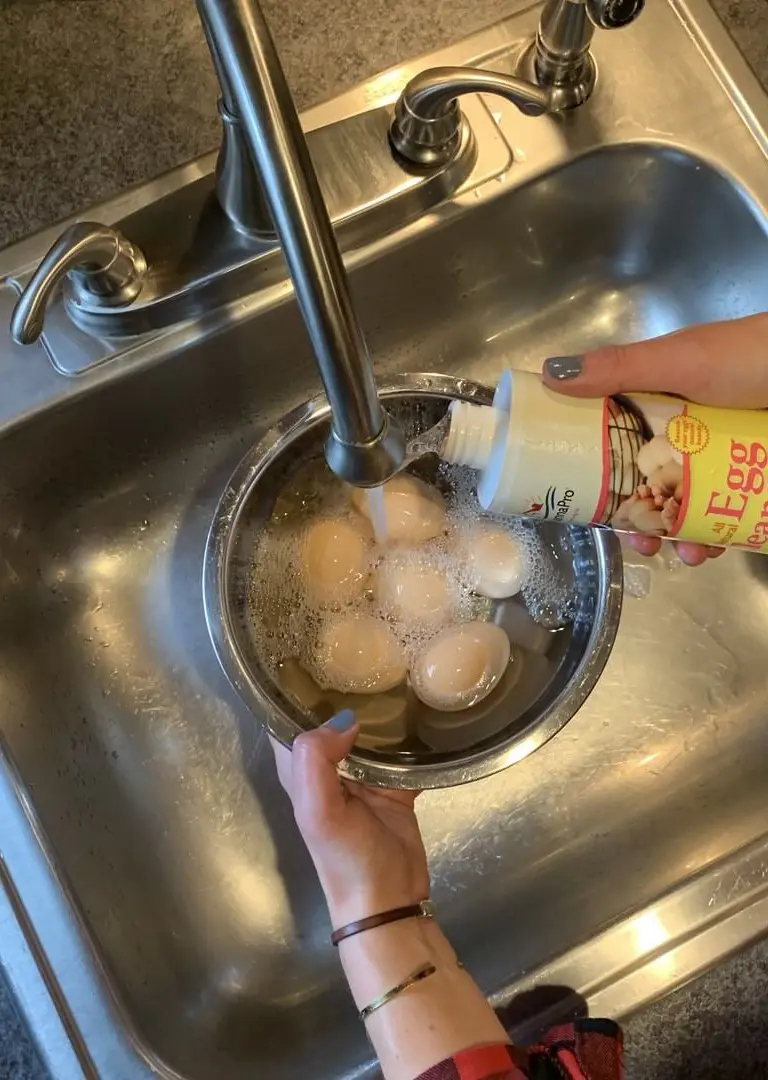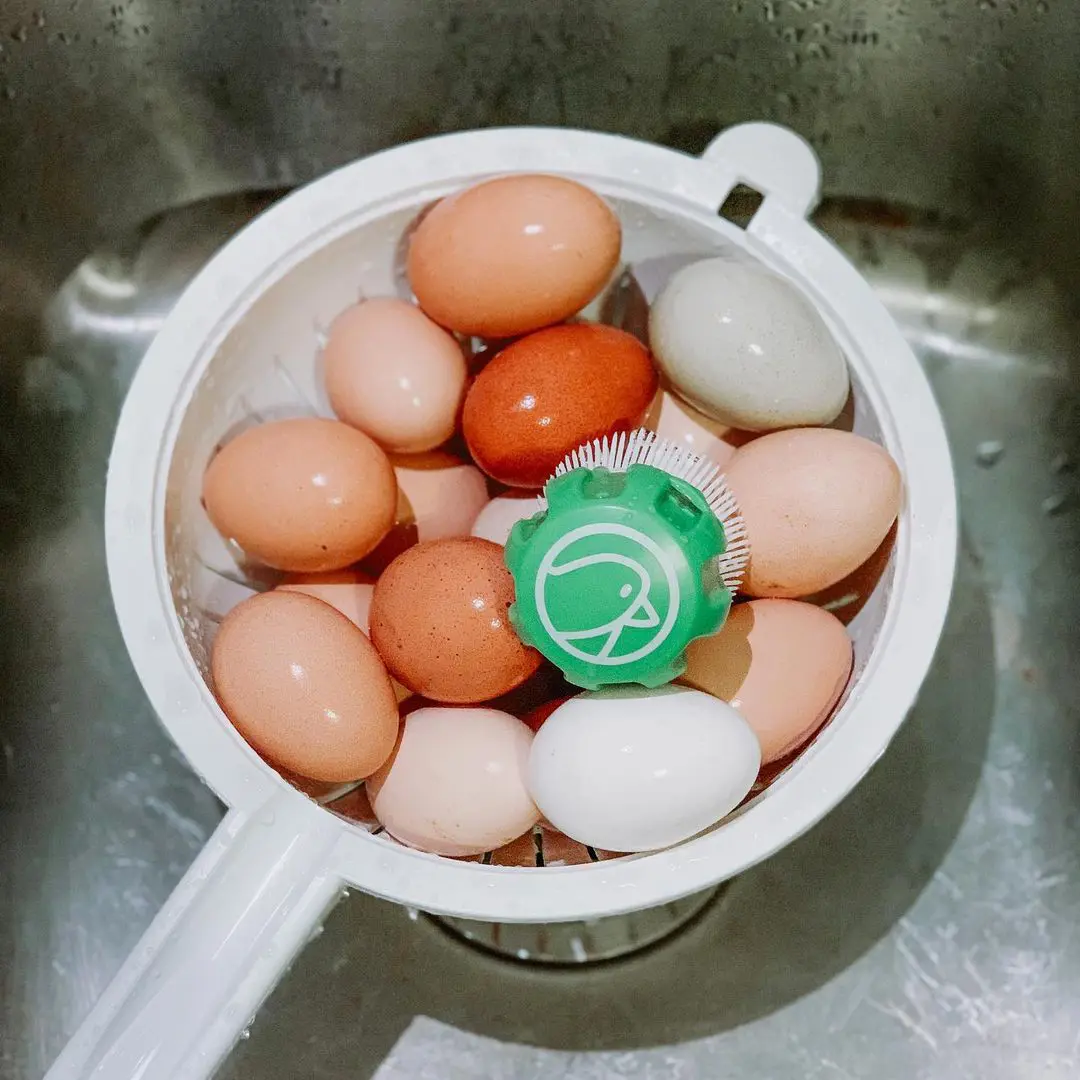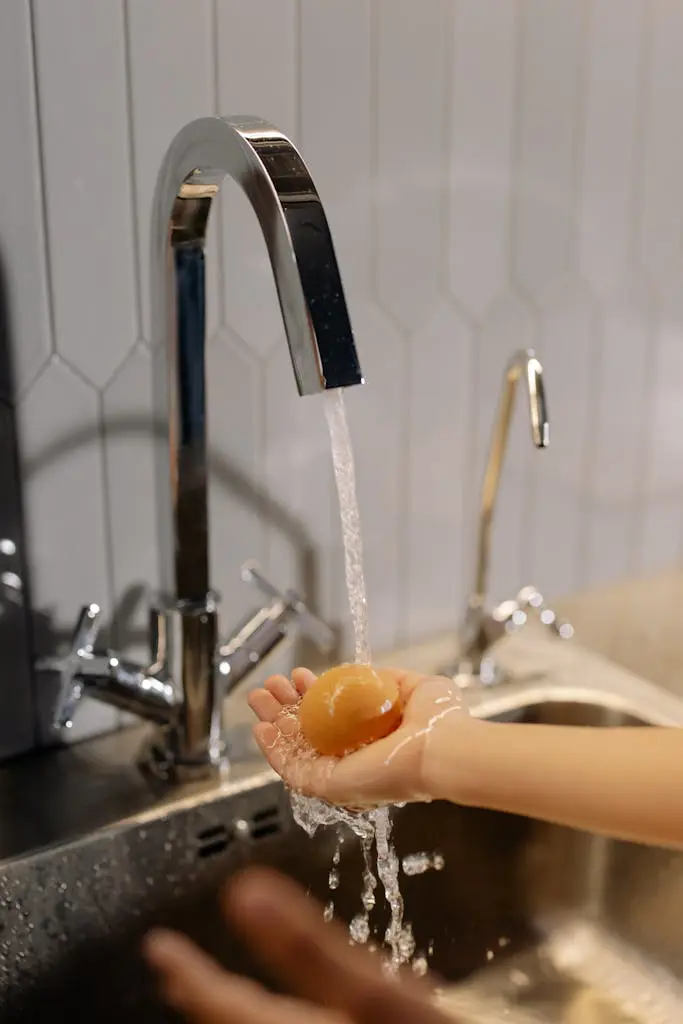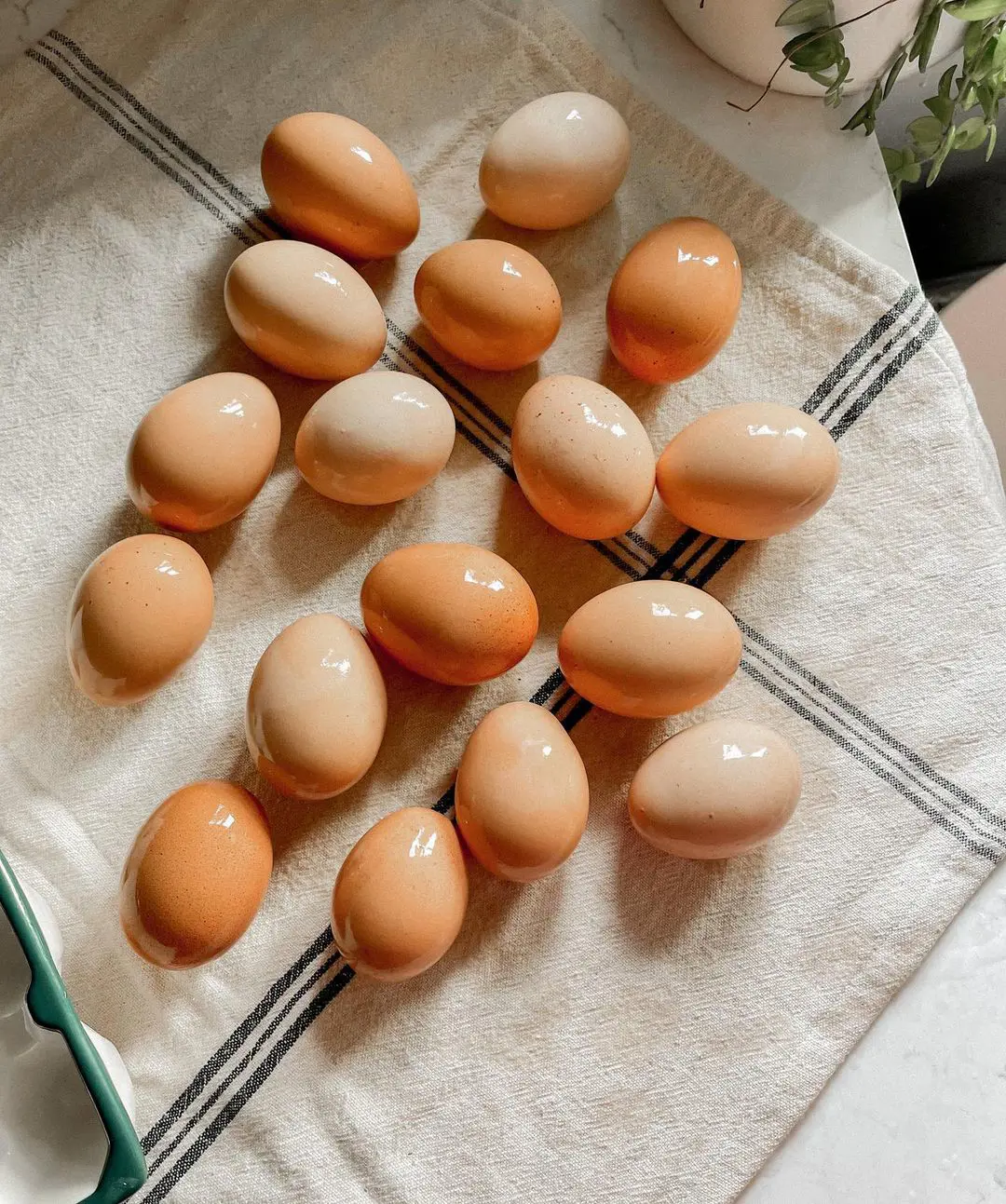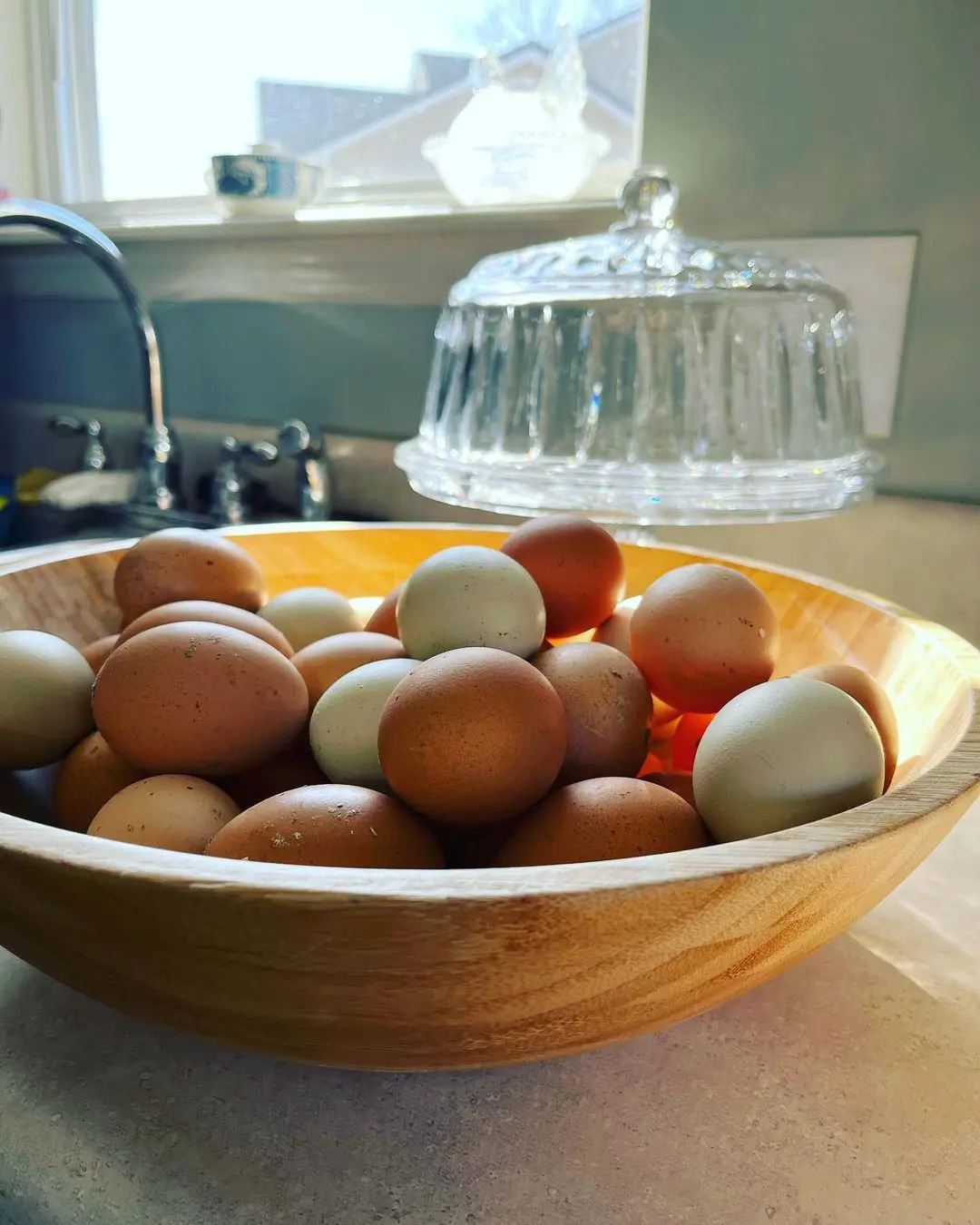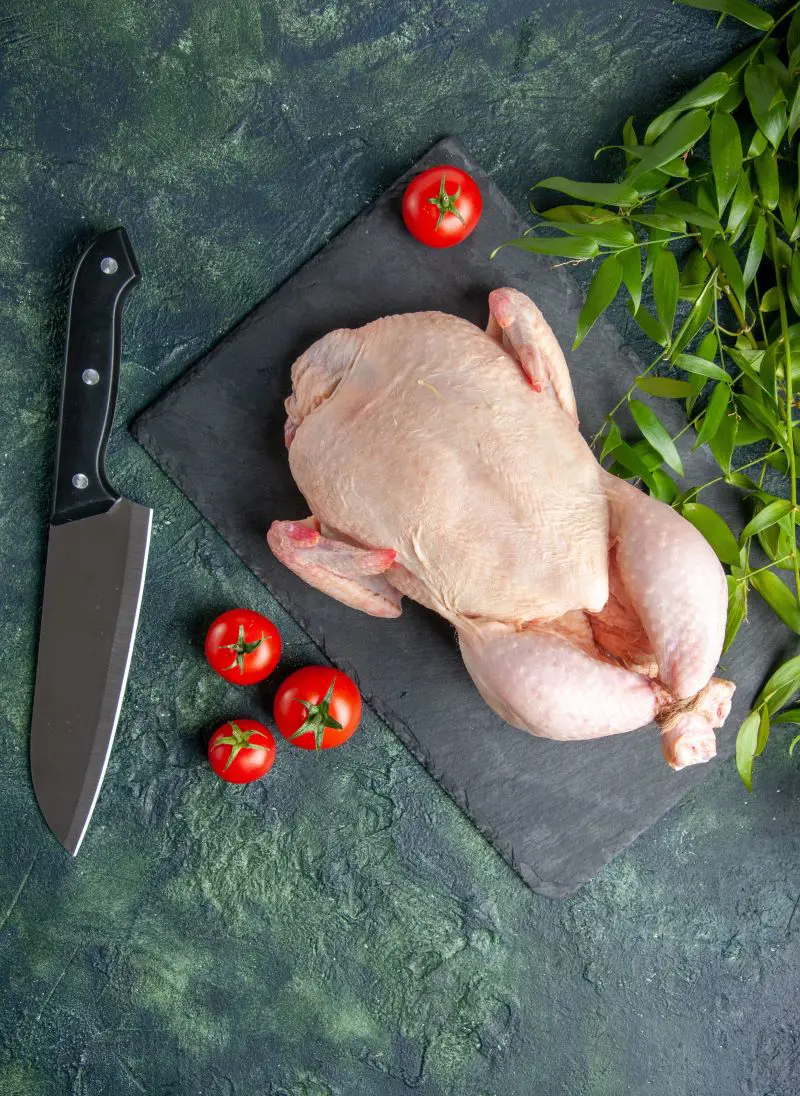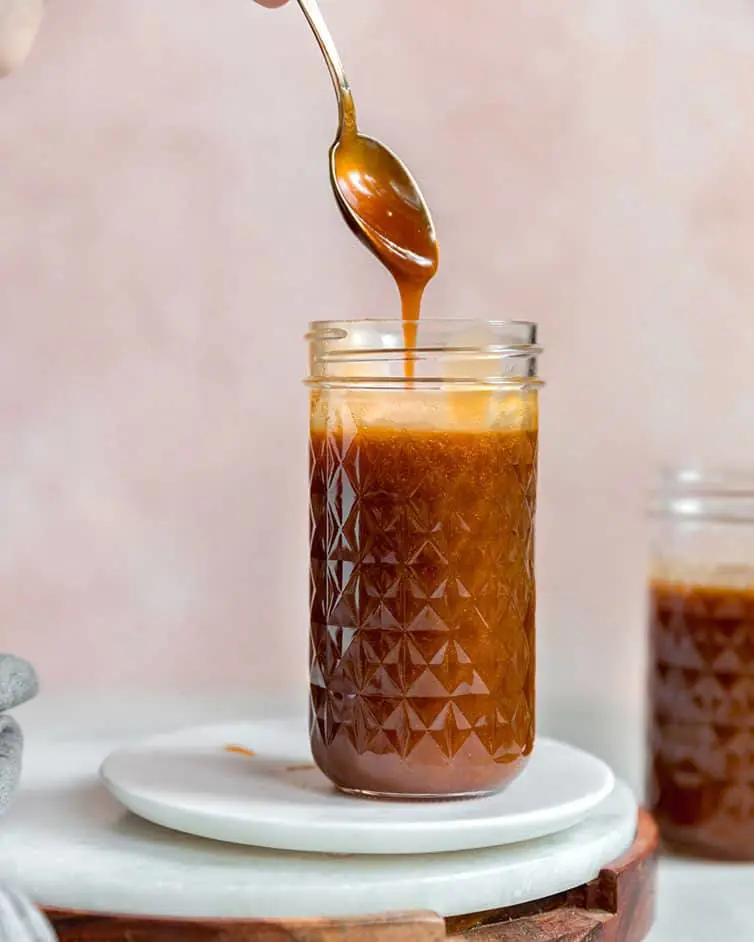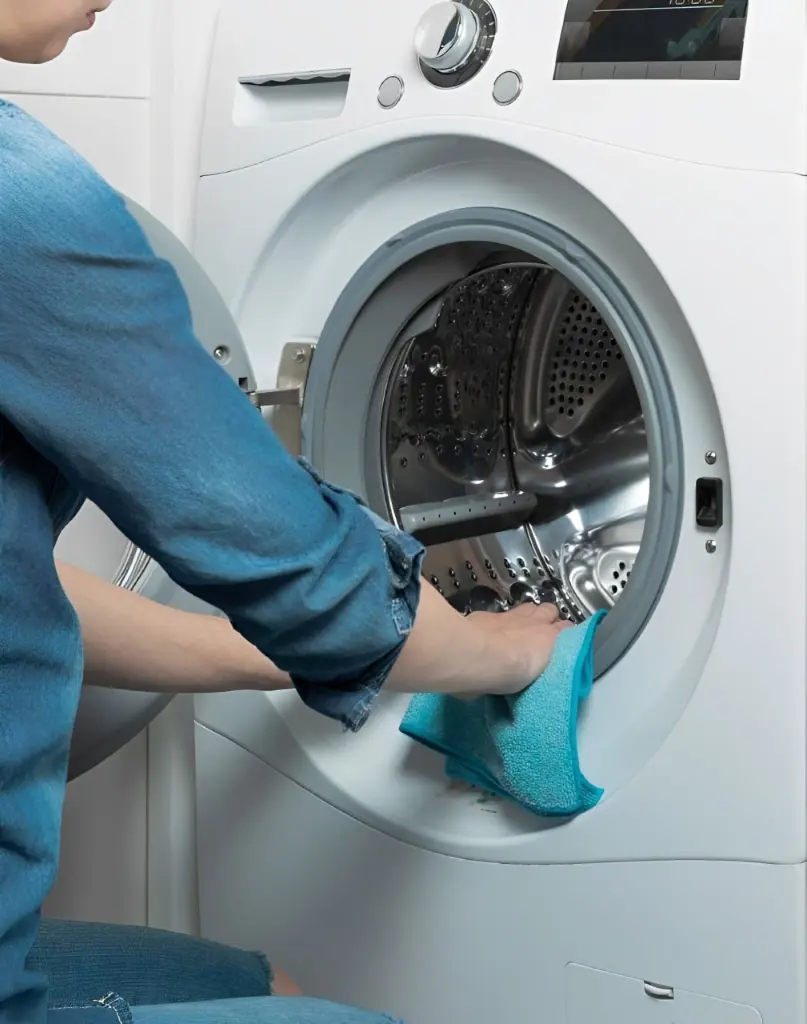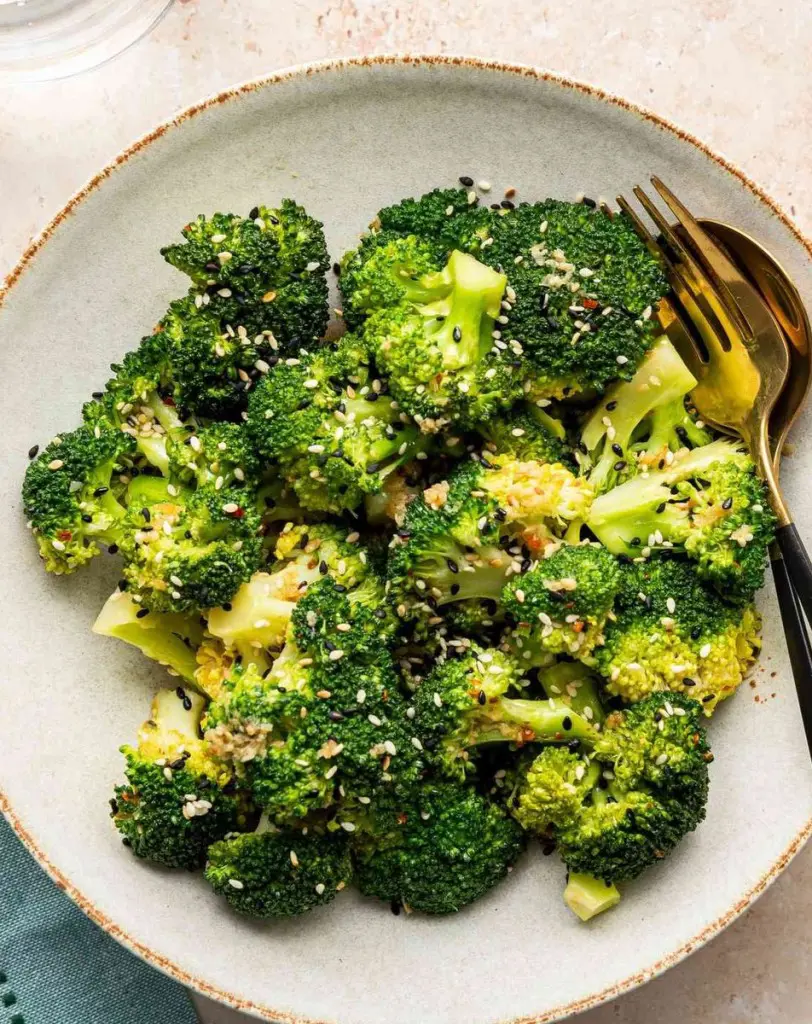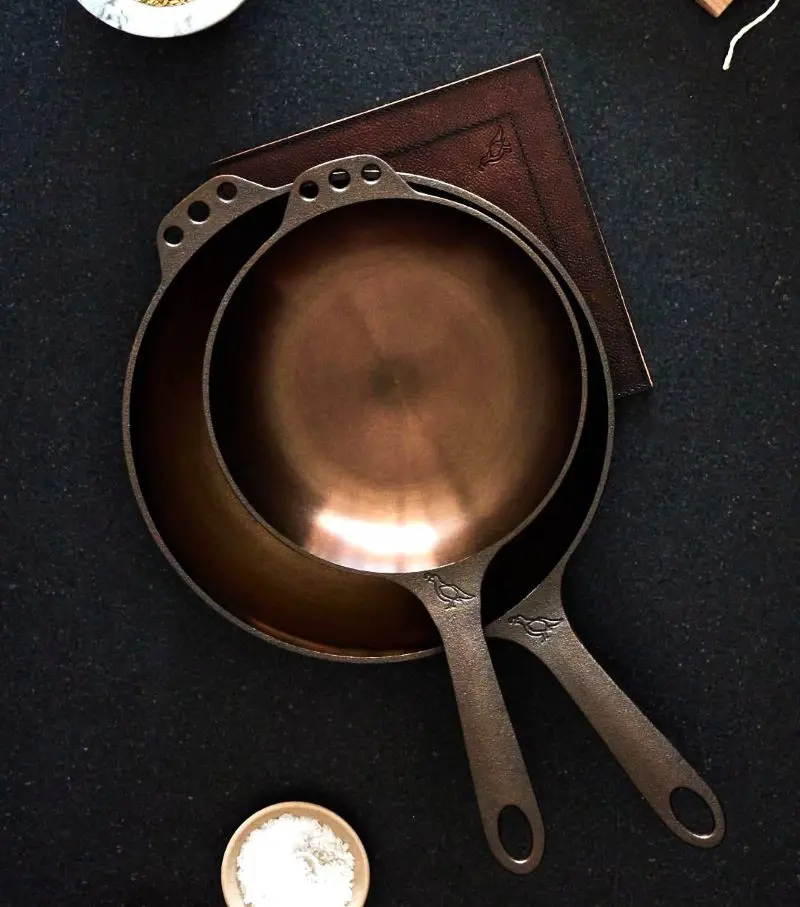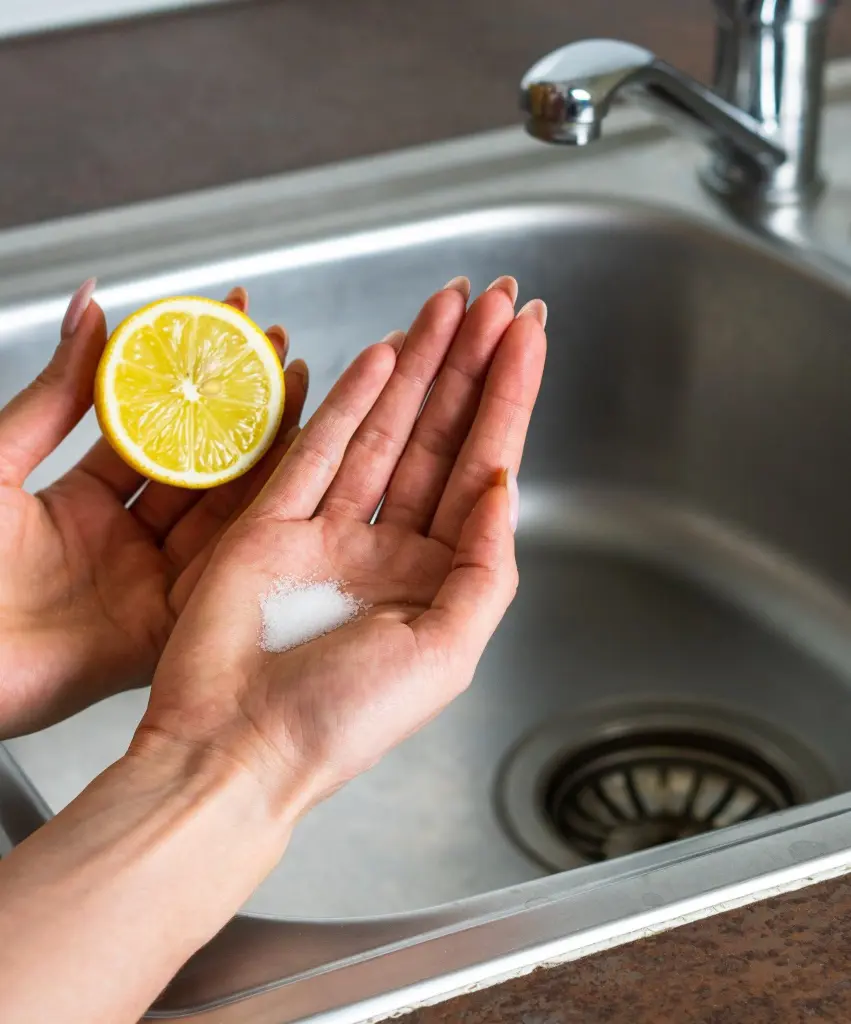Should You Wash Eggs?
The query many people seem to have is whether they should clean their eggs before using them. The answer is not quite as straightforward as you might consider. It relies on where your eggs come from.
Let's crack open this topic and explore the best practices for handling both backyard-fresh and store-bought eggs.
Backyard Eggs
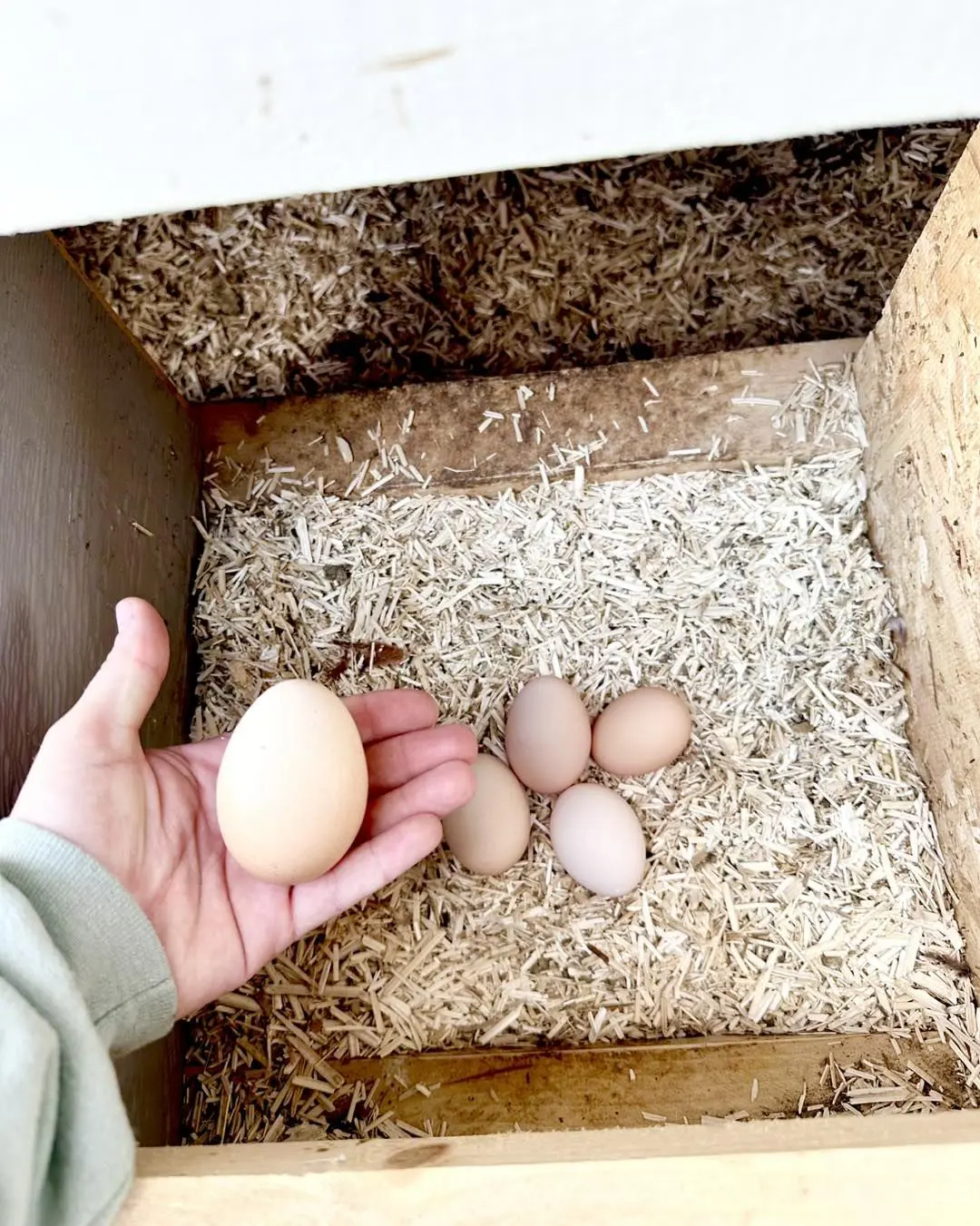
If you gather your eggs yourself from the backyard or buy them fresh from a farm or farmers' market, you may notice one thing: the eggs have their own built-in protection - an invisible protein layer called the bloom or cuticle - applied by the hen at the time of laying.
This creates a sort of barrier to bacteria entering the egg. These eggs will need no washing. Washing them strips away this protective layer. These unwashed eggs can be safely kept on your countertop at room temperature.
Store-Bought Eggs
If you have bought eggs from the store, then you have nothing to worry about. The commercial egg producers adhere to the legal rules that have been prescribed by the USDA.
These include washing and treating the eggs with pasteurization. This is a process through which the heat kills all bacteria in the eggs. Furthermore, a solution of sanitization is sprinkled on the eggs by these producers as an extra layer of protection.
Since these eggs will no longer have their bloom, keeping them in the refrigerator will shield the eggs from getting spoiled and prevent all kinds of bacterial growth.
